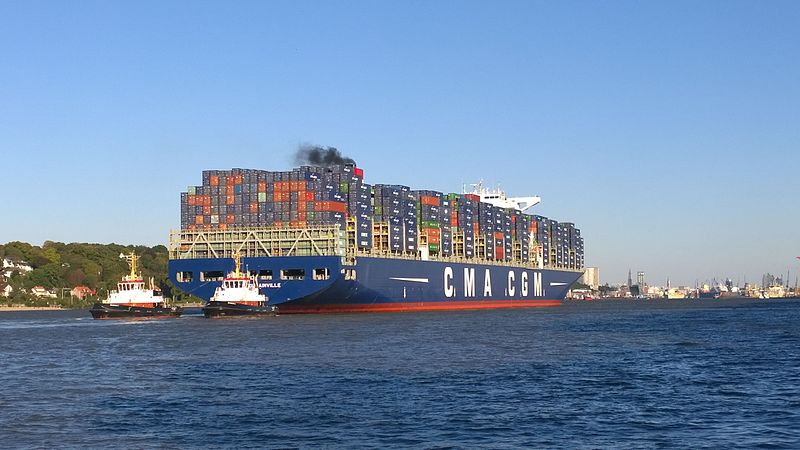It’s just gotten worse with time. The Kickstarter you were so excited for funded! YAY! The creators are as excited as you are, and they are showing every bit of the process and you just can’t wait to get your hands on what you funded and start playing the incredible game or whatever. Perfect Christmas present! Gonna be a hit at Game Night!
And then… and then your game is put on a slow boat from China. You don’t know where it is or when you’ll get it. Why do you do this to us, creators? Can’t you just make it in the USA or Europe?
Turns out that, most of the time, they can’t. Read on…
Rock Manor Games’ “Set a Watch” was a fun addition to our gaming table when we got it a couple years back. It’s a little game with the board built into the box it comes in, and you and your friends play a group of adventurers who, each night, set up camp, and then have to deal with the terrors that assail them after dark.
I instantly backed the sequel, “Set a Watch: Swords of the Coin”, when it went live on Kickstarter (Now your camp has a merchant!).
The game is done, it’s printed, assembled, and ready to be shipped from China to the greedy hands of gamers around the world. But… it isn’t going ANYWHERE. Because the pandemic happened, and the Suez Canal happened, and the dominoes fall. The creators of Swords of the Coin are having to run a special shipping fundraiser to get the game out of China, or start paying for storage.
This isn’t the first issue they’ve had with shipping from China. I asked them a couple of times but in different ways if they wouldn’t rather have made their game locally, where the added cost of production would be offset by the lower cost and predictability of shipping. I got a bunch of people telling me that I did not understand just how much it cost to make things in the West.
- Terraforming Mars: Ares Expedition — received weeks after the retail release to Target, which was a little embarrassing. Partly due to cargo ship shenanigans.
- Car Wars, Sixth Edition — This game is a year late. That’s not all because of shipping, but that’s at least a part of it.
Not going through all the Kickstarters I haven’t received (I… may have a Kickstarter problem). I’ve read lots of updates dealing with issues; I think Swords of the Coin is the first one where it looks like it just won’t be coming at all, because Christmas shipping is already locked-in and there just isn’t any room.
So what would it take to do it in the States?
I’m not the first to ask this question.
I found an article over on the League of Game Makers site that mentioned the break-even point for making a game locally versus China was about 5,000 units. Less than that, and the lower cost of production outweighed the greater cost of shipping. Greater than that, and local economies of scale take over, as the price per unit falls, but the cost of shipping from China remains more or less the same per unit.
Two Monkey Studios has a great comparison of specific US, European and Chinese manufacturers for his card game. Domestic manufacturers would charge 2-4x the per unit cost from China, with some demanding a minimum order size of 10,000 or more. Which is way more units than most board games on Kickstarter will ever make.
The real question is, why did we let this happen?
New England used to be the center of textile production in the country
My ancestors on my mom’s side came down from Quebec to work in the textile mills of New Hampshire. The graveyards of Concord and Penacook are filled with close and distant relatives who came here for a better life. The town I live in, here in Connecticut, is nicknamed the Silk City. Nearby Willimantic’s Frog Bridge has four frogs sitting on spools of threads (long story…).
All those textile mills are gone now, torn down or used for something else. The giving away of our textile industry to overseas workers devastated the entire region.
That mill was ruins when I was a kid. Yankee Magazine even ran an article on Uxbridge, Massachusetts, saying “Town For Sale” because it was such a blighted place after the industry left.
All this happened before my time, but well in my grandparents’ time. They all had great mill jobs — union jobs, with nice houses, new cars, did what they liked pretty much. All that was taken away when we gave our industry away.
I guess it would just be cool if we could make things here. If that made economic sense. It’s just weird that we are so dependent on China for everything these days.







